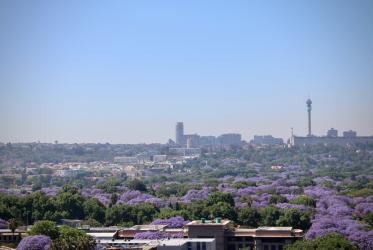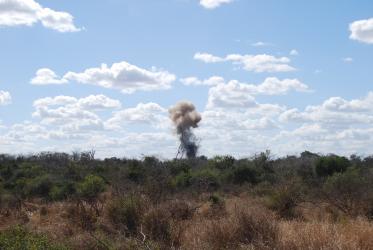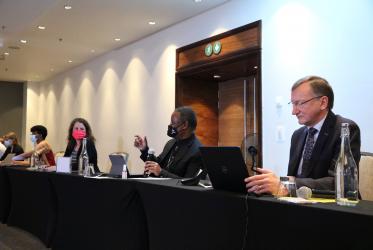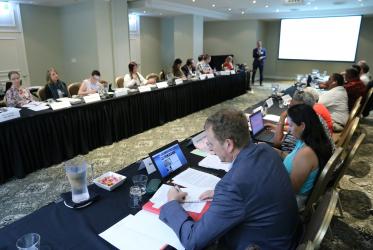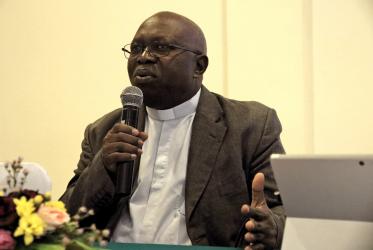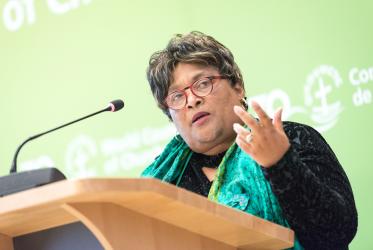Displaying 1 - 20 of 27
The 58th meeting of the WCC’s Commission of the Churches on International Affairs
02 - 06 November 2021
Johannesburg, South Africa and online
Churches call for urgent action for Cremisan Valley
28 September 2017
New Executive Committee members elected in Trondheim
28 June 2016
Fleeing from – rather than to – a place
10 February 2016

